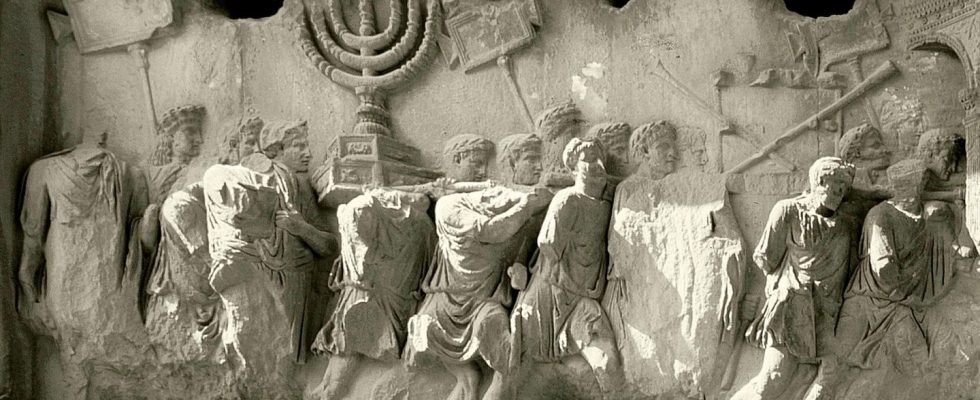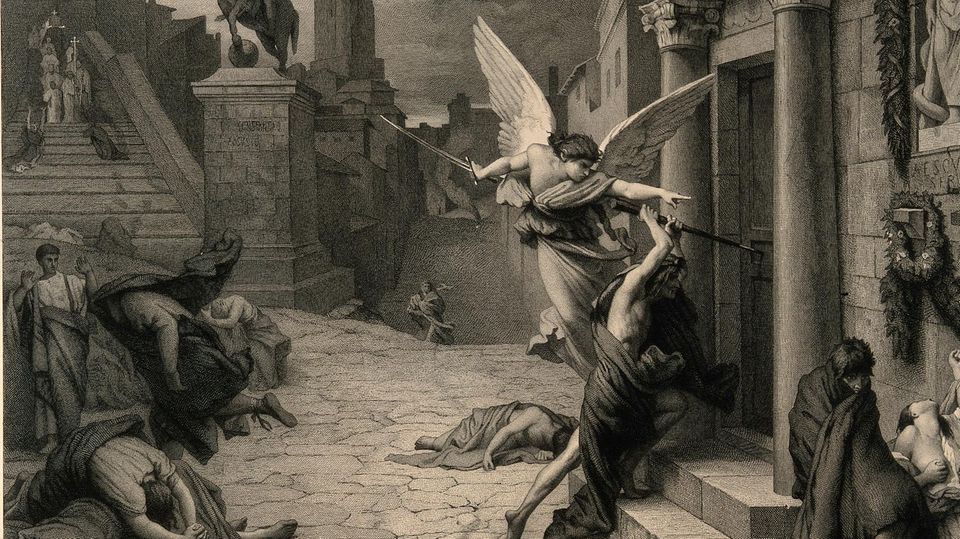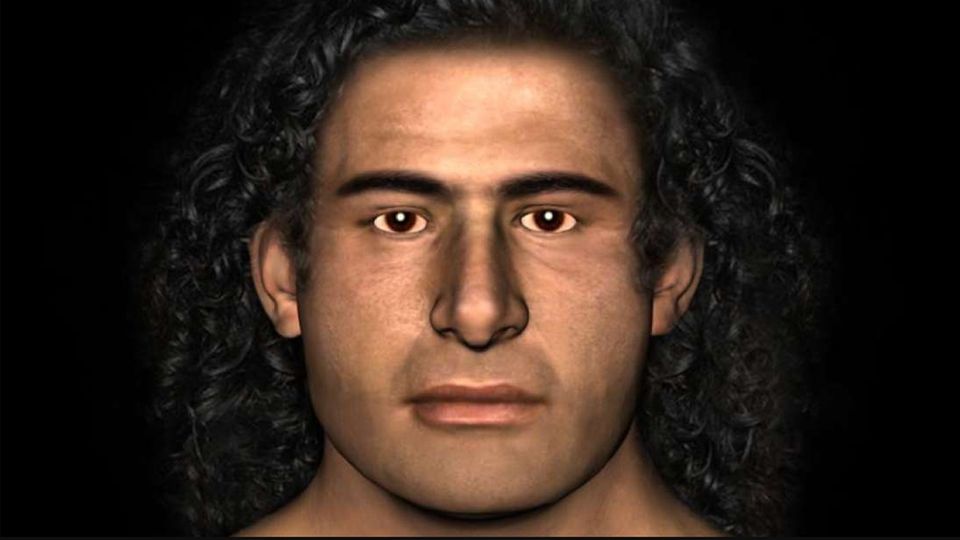Military
Payslip of a legionnaire: This is how the Romans ripped off their soldiers
The Emperor Titus plundered the temple treasury in Jerusalem.
© akg-images / Werner Forman/ / Picture Alliance
Service in a Roman legion was hard and dangerous. And it might not be worth it: the paymasters had mastered the art of bringing the payout to zero through deductions.
In every era, the military makes big promises to ordinary soldiers, which are then not kept. A well-known trick relates to pay. In nominal terms this is usually a considerable sum, but little is paid out.
The Romans already mastered this method, as evidenced by the salary slip of a legionnaire that was found during the excavation of a 1,900-year-old Roman camp in what is now Israel. Legionnaire Gaius Messius had not drawn a good lot anyway. He ended up in what is now Israel – in the Roman Empire the area was already considered “shithole country” even without war.
6 pictures
Jewish revolt against Rome
Gaius Messius became involved in the great Jewish revolt against the Roman occupation. He took part in the siege of the mountain fortress of Masada. Herod had expanded the facility. It lay impregnable on a steep rock in the desert.
Gaius Messius was actually supposed to receive 50 denarii for military service. If it weren’t for the “deductions,” they reduced his payout to practically zero. Barley, food and equipment were deducted from him. The food for a mount was also passed on to him. The pay slip was found at the site where the Romans camped during the siege and is dated shortly after the war.
The translation of the document can be found in the “Database of Military Inscriptions and Papyri of Early Roman Palestine”.
The note says:
In the fourth consulate of the Emperor Vespasianus Augustus.
Accounts, salary. Gaius Messius, son of Gaius, of the tribe of Fabia, from Beirut.
I received my wages of 50 denarii, of which I paid 16 denarii in barley money. Food costs 20 denarii; boots 5 denarii; Leather strap 2 denarii; Linen tunic 7 denarii.
The sum of the deductions is exactly 50 denarii – Messiu’s entire salary was deducted. The costs are all unavoidable and cannot be attributed to games or binges. A legionnaire like him could make practically no profit. Only the prospect of loot and other income that the Roman state did not have to pay for could lead to a “plus”.
The Masada facility was under siege by the Legion X Fretensis. But after the long war, the Tenth was well below target strength. It was reinforced by 4,000 auxiliary troops. Gaius Messius probably also belonged to them. At least his mount and local origins speak for this. Auxiliary soldiers usually received less pay than regular legionnaires.
Siege of the Mountain Holds
Today Masada is a well-known tourist attraction. It was forgotten for centuries and was only rediscovered in 1842. The fortress lies on an isolated plateau. The rock walls drop steeply to the sides 300 meters deep. When the future emperor Titus conquered Jerusalem in 70 AD, the last of the rebels fled there. But the governor Flavius Silva followed them and besieged the mountain fortress with around 8,000 men.
8 pictures
The 960 Jews thought they could withstand a long siege with the supplies they had stored. But in order to take the fortress, the Romans built a gigantic ramp on a natural hill. A huge siege storm could be pushed up on it.
The engineering skills of the Romans defeated the impregnable fortress. The bravest legionnaires gathered on the tower, because the first to storm into a fortress earned a highly respected award, the Wall Crowns. But the soldiers saw a frightening picture: the 960 Jews in the fortress had taken their own lives. The Romans found only two women and five children alive.
The historian Flavius Josephus wrote of this moment:
So they quickly threw everything they owned into a heap and set it on fire. They then chose ten men from among them by lot; they should be the murderers of everyone else. Then everyone lay down next to his wife and children who were already stretched out, wrapped his arms around them and finally offered his throat willingly to the men who had to carry out the unfortunate service. They murdered everyone without wavering; Then they determined the same law of fate for themselves. … But the last lonesome man looked out over the crowd of people lying there all around him. … When he realized that everyone had been killed, he set fire to many places around the palace. Then with concentrated force he pushed the sword all the way through his body and collapsed next to his.
Source: Task and purpose




